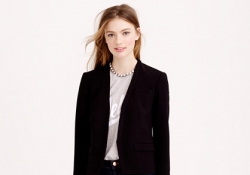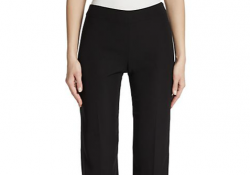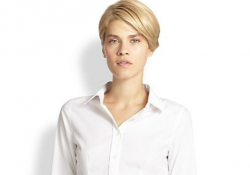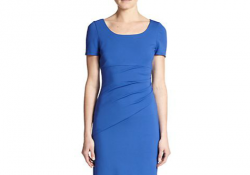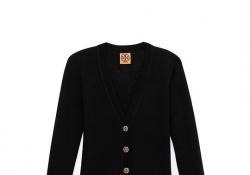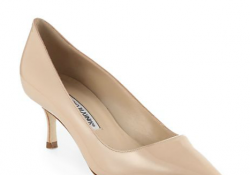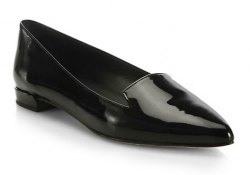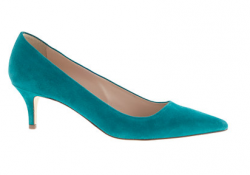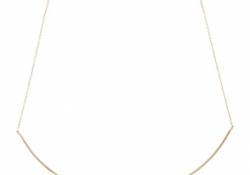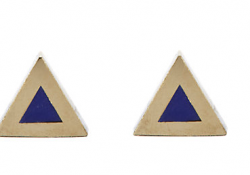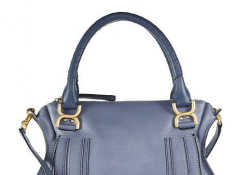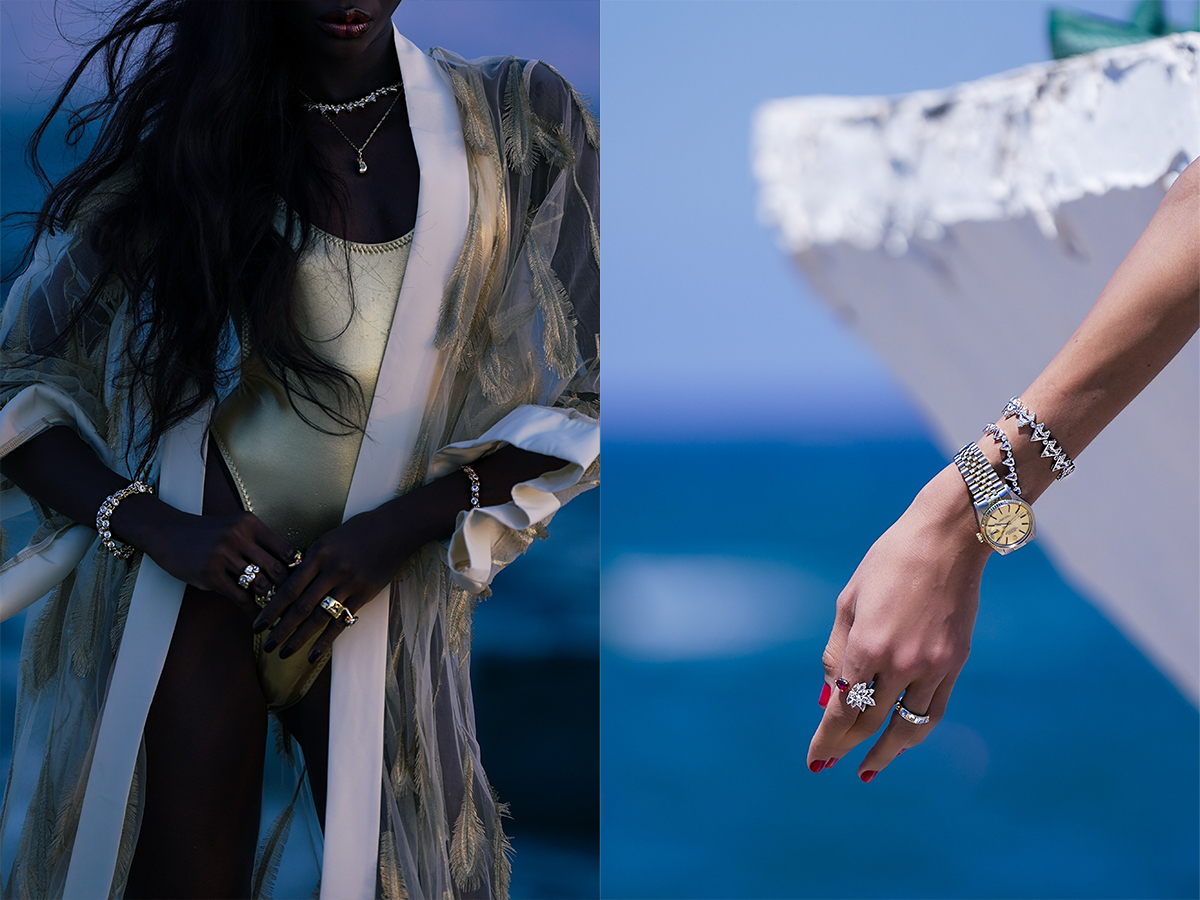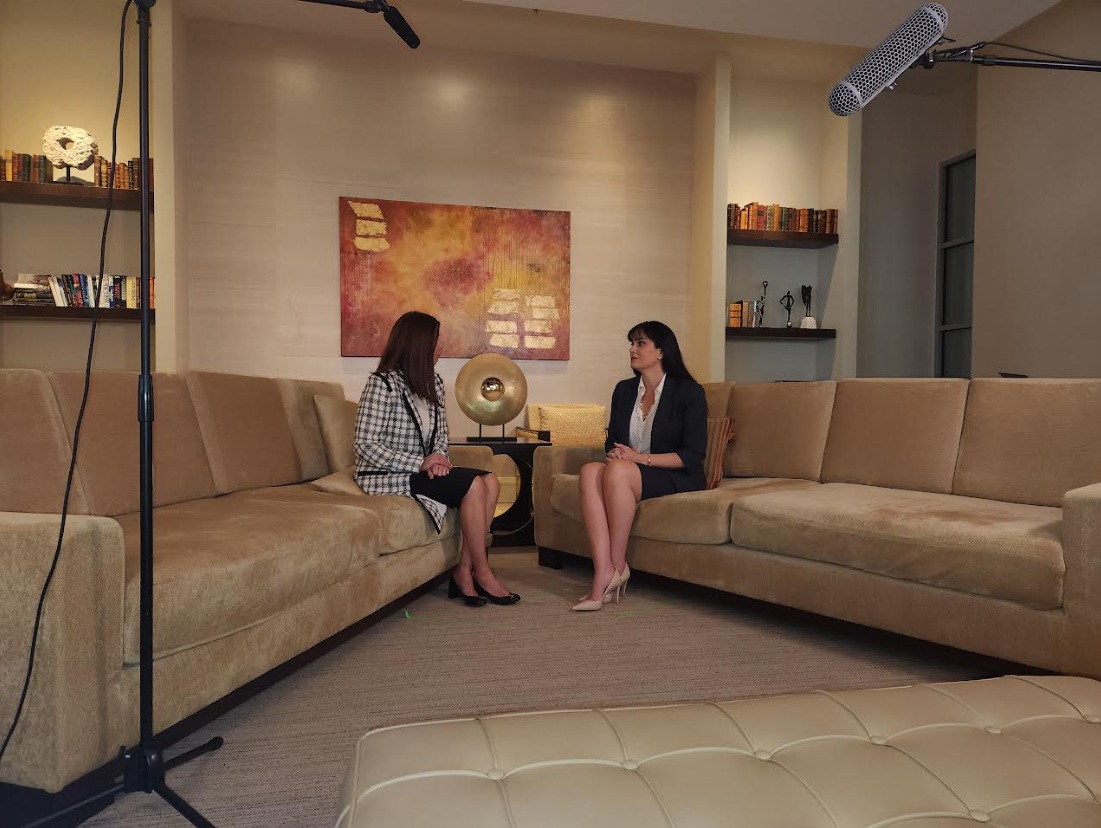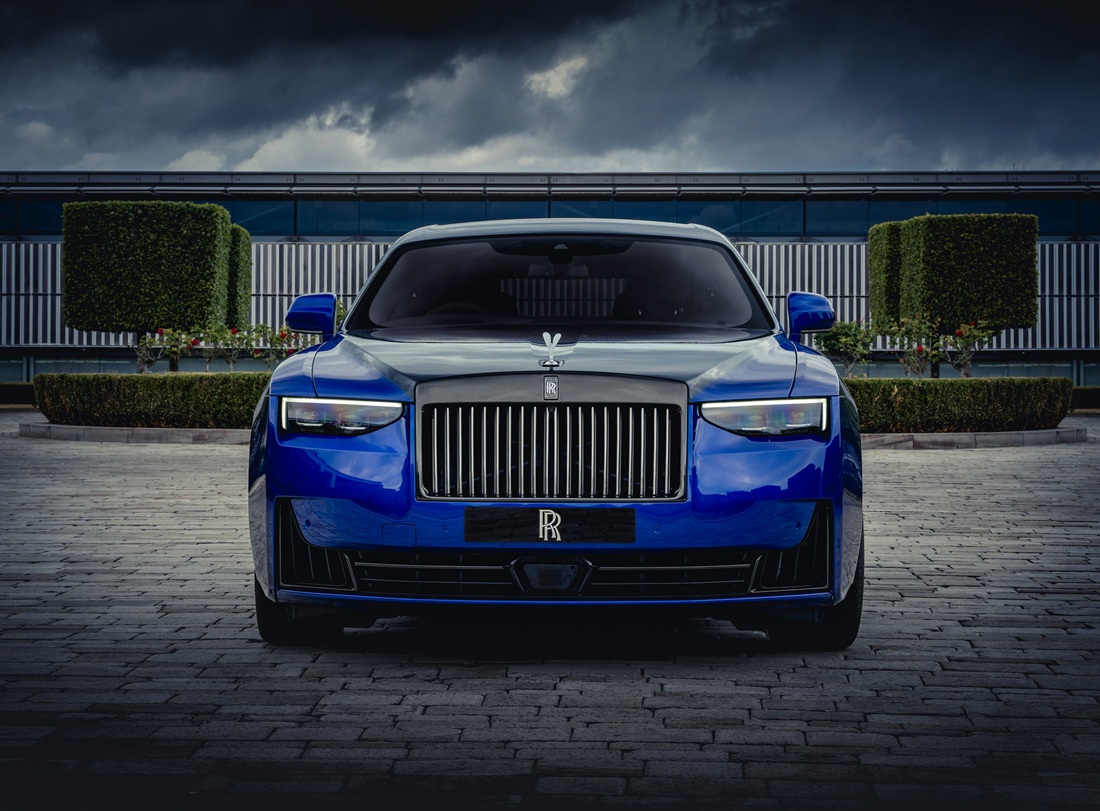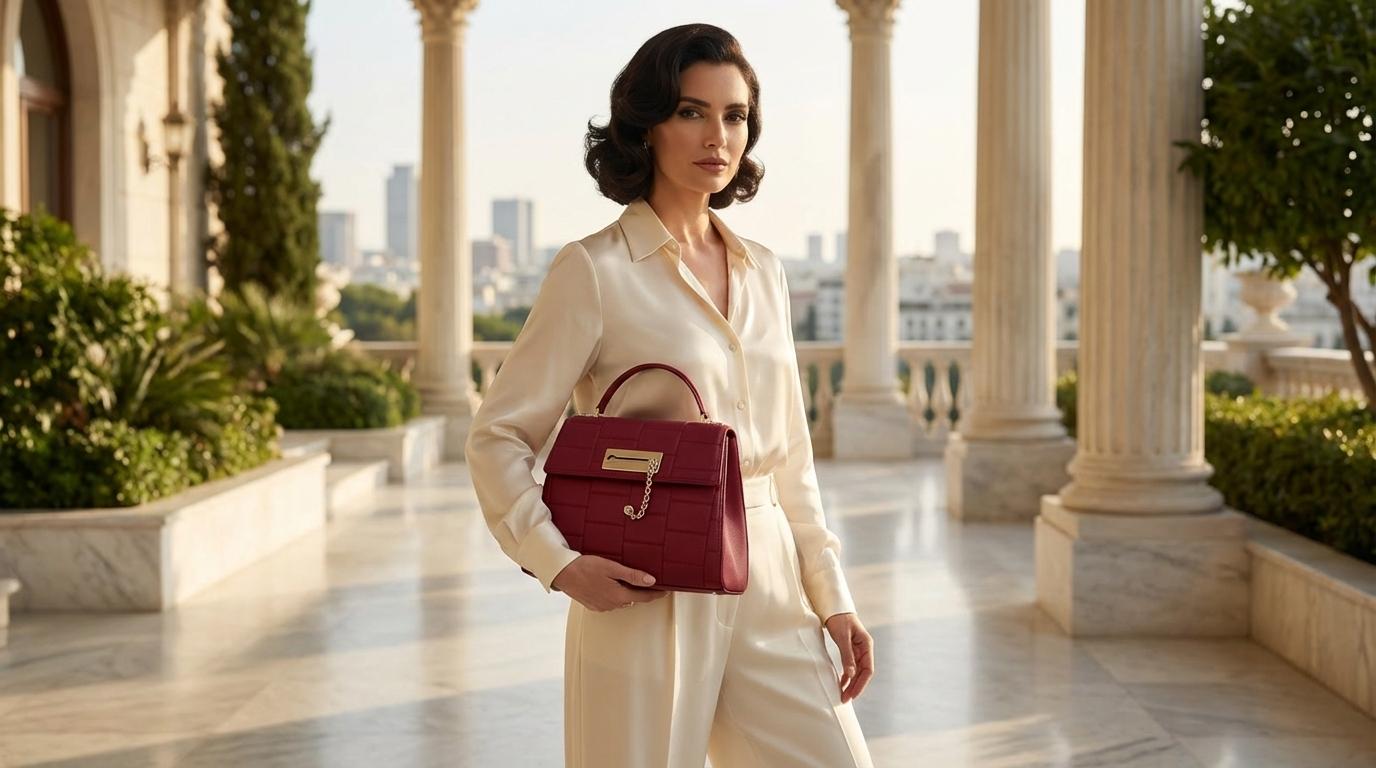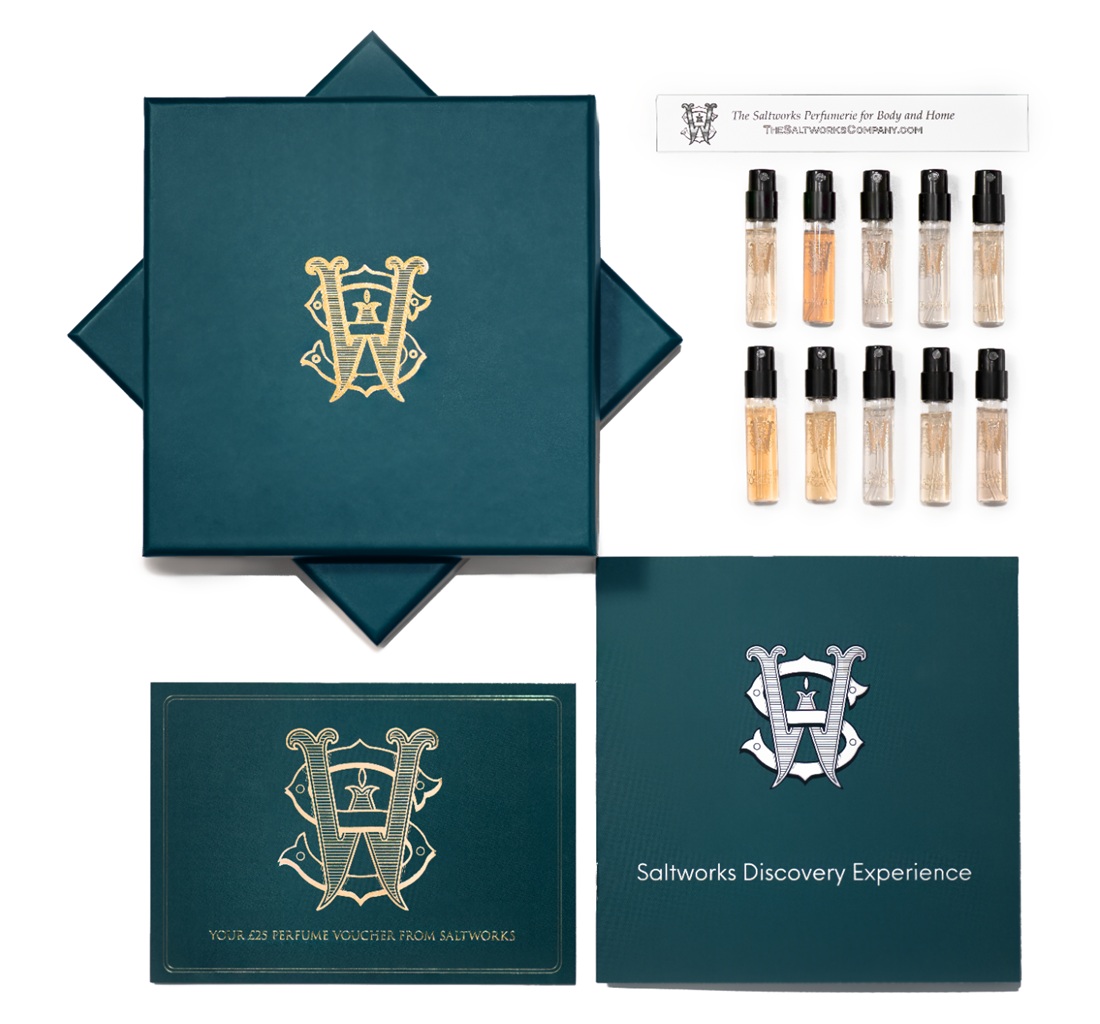What To Wear To Court: Outfit Advice From A NYC Divorce Attorney
We’ve all flipped through glossy magazines and stumbled across those “What to Wear on a First Date” or “What to Wear on a Job Interview” articles. But let’s face it, in both of those situations, your clothes don’t really matter. Sure, you’re probably not going to land that hedge-fund gig wearing denim cutoffs, but so long as your wear something business casual, it doesn’t matter if your suit is navy or black or if you accessorize with flats or wedges. Hell, you could probably even rock a scrunchie in your hair. And as far as a first date, well, it matters even less. Granted, it’s always nice to make an effort, but if there’s chemistry, it won’t matter if you’re wearing skinny jeans or a crop top. Just avoid fringe (unless you follow our how-to guide).
The only time it really, really matters how you dress is when you’re heading to court—after all, that’s when you’re truly being judged! And unlike a first date or a job interview, there’s a lot more at stake.
We grilled New York City divorce attorney Danielle Petiti on the outfits that work (and the ones that don’t), why accessories should never be an afterthought, why wearing designer duds may actually work to your disadvantage, and the forever-debate of flats verses heels.
“I always tell clients to dress traditional, clean, and classic. You don’t want to overdress, but you don’t want to underdress either. You need the perfect balance of respectable, but not trying to hard. Full suits are not required, and actually, I think they look too staged. Dress pants with a blazer and a button-down shirt are good, so is a dress with a cardigan. The goal is to look approachable, yet respectable.”
“Women should keep their hair neat and apply neutral makeup. Moderate heels (three inches or less) work best—or loafers. And no crazy jewelry!”


